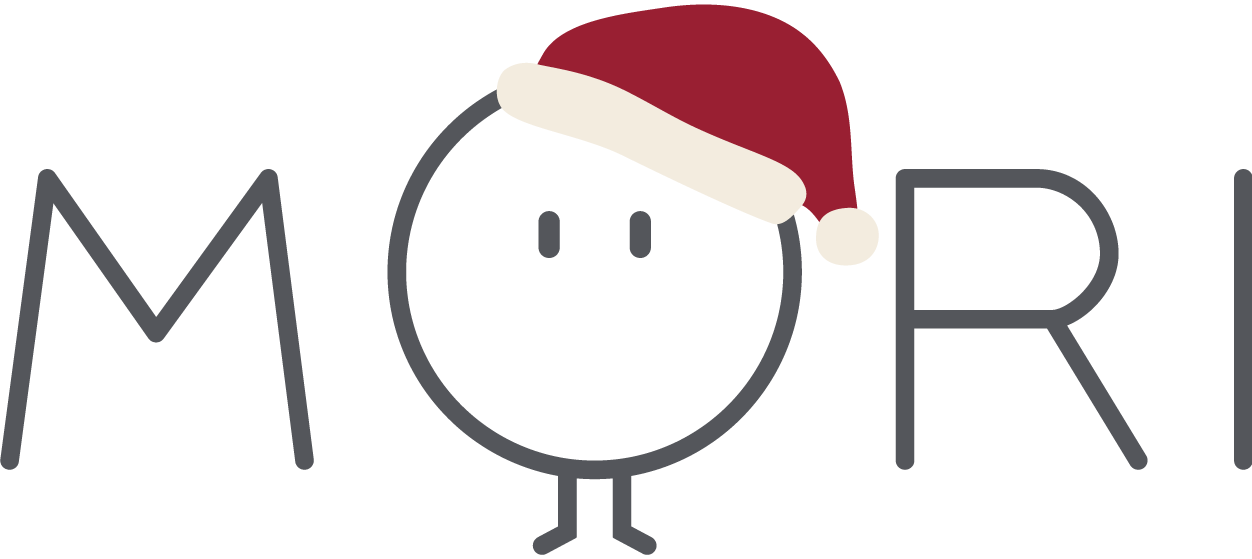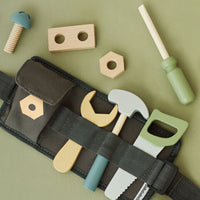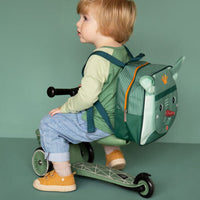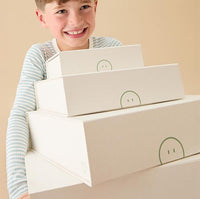Five Things You Need To Know About Breastfeeding From a WellVine Lactation Consultant

We've recently partnered with our friends at WellVine – the first on-demand healthcare app for pregnancy, baby and mum – to bring you expert advice on breastfeeding, mum and child nutrition, and sleep.
WellVine Lactation Consultant, Lyndsey Hookway, shares her top tips on preparing for breastfeeding when expecting a baby.

Expecting a baby? Five things you need to know about breastfeeding from a WellVine Lactation Consultant
Congratulations on your soon-to-be bundle of joy! No doubt you’ll have heard lots of stories and pieces of ‘advice’ by now about feeding your baby. But what do you actually need to know in advance? Here are my top five tips...
1) You can do this!
According to more research than you can shake your beautiful pregnant bump at, almost ALL mothers are perfectly capable of breastfeeding. It takes some practice and refinement, and it is normal to hit some bumps in the road, but for nearly every mum - good quality practical information and support will help you to overcome breastfeeding challenges and get you on the road to success.
2) Your baby can do this!
Babies are awesome! You probably know that already, so I’m preaching to the converted here, but your tiny little growing baby will be born with all the reflexes he needs to get the milk that you’ve been busy making since he was just a teeny tiny 16-week foetus. All babies are designed to smell, sense and feel their way to the breast. Trust your baby – she’s cleverer than you think! 3) Understanding your baby’s behaviour can make breastfeeding easier
3) Understanding your baby’s behaviour can make breastfeeding easier
You know how I just said babies are designed to find their way to their food? Well, we can sometimes get in the way of that. Here are some ways to stay out of the way and let your awesome baby show you what he’s made of:
• Stay close to your baby – she will feel disorientated away from you where she can’t smell you. After all, she just spent 9 months being held continuously by you and she isn’t really designed to cope without you
• Allow your baby to feed as often as he wants. Your breasts are incredible, but they don’t actually know how many babies you just had. Or how big. Or how hungry. So your baby takes care of this problem by feeding – a LOT. This calibrates your milk supply so your breasts know exactly how much this totally unique baby needs. If you restrict feeds, take your baby off before he has finished, top up with formula, or use a dummy – you may dampen the potential milk-making ability of your breasts.
• Babies feed by touch and smell, not sight. If you hold your baby even a couple of inches from your breast she will start to panic, tossing her head from side to side, putting her fingers in her mouth, and crying. The solution is: Keep your baby’s face touching your breast. Easy!
• Don’t touch the back of your baby’s head. If you’ve ever watched a baby on someone’s shoulder, you’ll no doubt have spotted a really cute ‘woody woodpecker’ bounce or head bob. This is a genius little feeding reflex that helps your baby get a huge, deep mouthful of breast tissue to the back of her mouth. If someone is touching the back of her head, she can’t bounce, and will cry, fuss, and have a shallow latch, which hurts and makes it hard for her to feed.
4) Caring for a newborn is hard work. Set up your support crew now!
Labour, childbirth, and caring for tiny humans are a marathon, not a sprint. Expect to be tired. Your hormones are going to be making you feel a bit nuts, and it can be pretty overwhelming adjusting to life with a baby. People often think the best way to help a new mum is to take the baby and feed him for you so you can rest. A huge amount of research suggests this is really unhelpful, and can cause you and your baby stress. In fact, your support people can do loads of things – cook, shop, clean, not stay too long when they visit…. If they do help with your baby, delegate tasks like nappies, winding and settling, rather than feeding. 5) Find well-informed and accurate information
5) Find well-informed and accurate information
I think I already mentioned that motherhood is hard. I think I also mentioned that having some problems along the way is basically normal. There are some common problems that crop up time and time again, and the good news they ALL have solutions. I promise!
• Sore nipples. Very common but so easy to avoid! Ask your midwife, health visitor, breastfeeding counselor, or lactation consultant. By the way – if the first person you ask can’t help you – that doesn’t mean your problem is not fixable – you just haven’t found the right solution yet. Try watching this online tutorial: https://youtu.be/LEC7Jaf4IGQ
• Engorgement – big but not clever. You’ll need some help to massage and hand express your milk. This is a brilliant video, which will walk you through: https://vimeo.com/65196007
• Sleepy baby. You know how I said babies sometimes want to feed a lot? Well, if he is jaundiced (which is pretty common, don’t worry!), or very sleepy, you may need to wake him to feed often (at least 8-12 times in 24 hours). If he won’t feed effectively, then express your milk to protect your milk supply.
• Ineffective feeding. Sometimes babies like to just hang out at the breast, only suckling intermittently. This is great if they’re gaining weight and having plenty of wet and dirty nappies, but if not, then this will lead to poor weight gain and low milk supply. Learn to recognize effective feeding – this baby is nailing it: https://www.breastfeedinginc.ca/videos/good-drinking/
Good luck with the rest of your pregnancy!
About WellVine
WellVine is a new way to connect to experienced family health specialist via online video calls – anytime, anywhere. Their specialists focus on the health of mum and baby, and include Lactation Consultants, sleep consultants, and maternal and children’s nutritionists. New and expectant parents love WellVine for the convenience and peace of mind it offers.
About Lyndsey Hookway
Lyndsey is an experienced International Board Certified Lactation Consultant (IBCLC), who has helped thousands of families with breastfeeding challenges. Lyndsey has also been a registered paediatric nurse for over 13 years, and a health visitor for 10 years, which has additionally shaped her expertise in providing breastfeeding support.



 100s of gift ideas
100s of gift ideas












